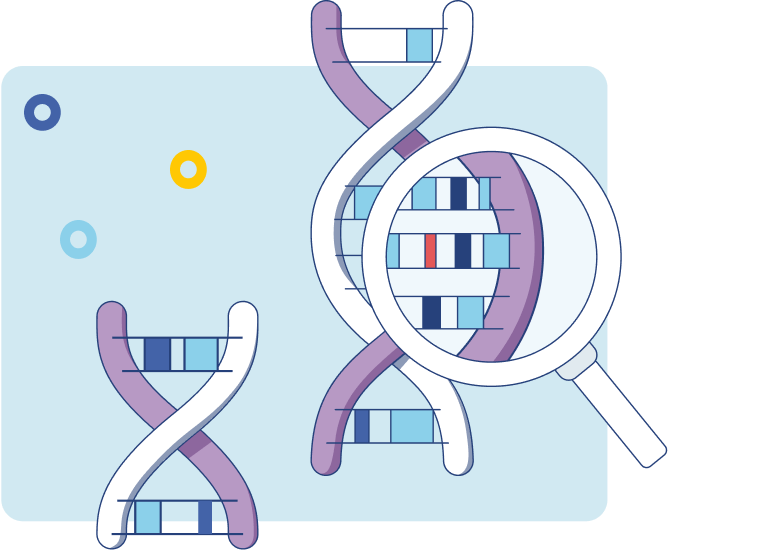This site is intended for patients and caregivers.
For healthcare professionalsThis site is intended for patients and caregivers.
For healthcare professionalsAtypical-HUS is a complex, rare disease with various risk factors, including genetic and environmental components.
watch the video
The complement system is a part of the immune system that helps to rid the body of damaged cells
and
foreign substances, such as bacteria and viruses.
In atypical-HUS, the body's ability to control the complement system is compromised.
In people with atypical-HUS, the complement system kicks into overdrive and doesn't shut
off.
It starts attacking healthy cells, such as those in small blood vessels, in a condition called
thrombotic
microangiopathy (TMA). TMA can result in damage to vital organs—a
lifelong risk
for
people
with unmanaged atypical-HUS.


Up to 70% of people with atypical-HUS first experience symptoms as the result of an unrelated health event that triggers complement activity*
*N/n = 191/273

Most people with atypical-HUS will not have any overt signs or symptoms of the disease until
they
experience
a triggering event.
The trigger can be
an autoimmune disease, such as lupus, or an infection, a medication, pregnancy, or
another condition, such as severe/malignant hypertension,
that rapidly increases complement
activity.
The triggering event reveals the complement system control issues that cause
symptoms of
TMA.
The risk of
triggering TMA is ongoing, and lifelong, in people with atypical-HUS.
This list is not exhaustive of all potential triggers

Atypical-HUS is considered a genetic disorder: more than 120 gene mutations have been linked to
increased susceptibility to uncontrolled complement activation.
Knowing if you have one or more of these mutations can be helpful in determining your risk of
certain
complications of atypical-HUS—for example, how likely you might be to develop kidney disease
or
experience a relapse of TMA.
However, identifying a genetic mutation isn't necessary for diagnosis. Approximately
one-third
of people
with atypical-HUS have none of the known mutations identified as playing a role in the
disease.
You are now leaving the aHUSSource.com website. Alexion is not responsible for content included on third-party websites. Do you want to proceed?

Sign up to get monthly emails offering news and educational information about atypical-HUS.